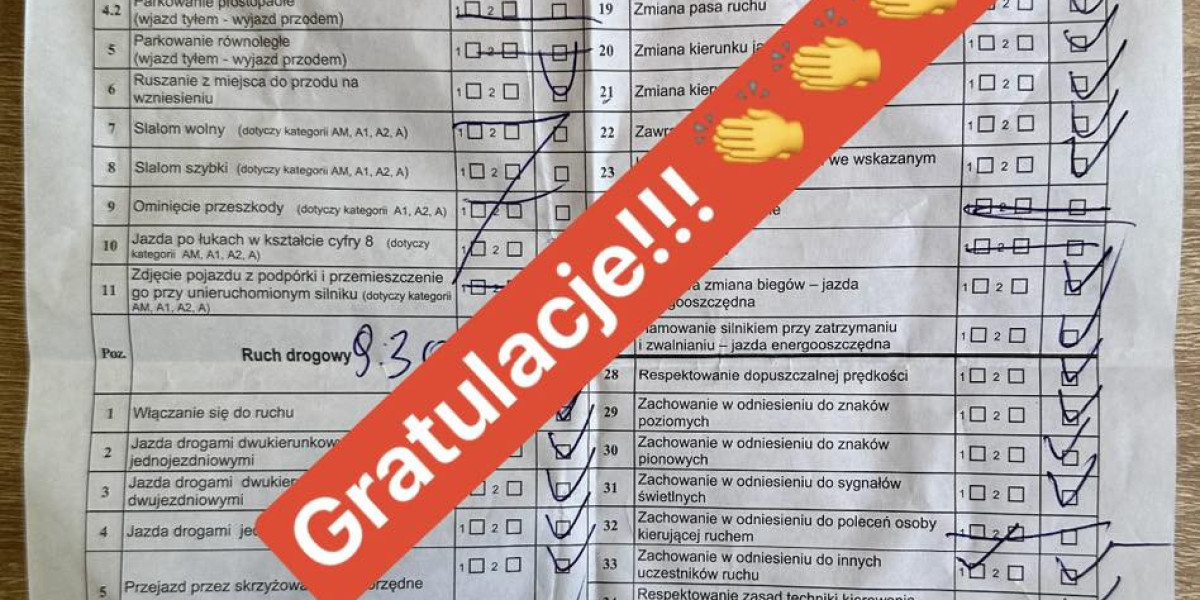Just as fans were getting comfortable with the second season of Marvel Rivals, new surprises have emerged.
Following the introduction of iconic characters like Emma Frost and the anticipation surrounding Ultron, a leak has surfaced revealing five additional characters that might soon join the fray.
The game boasts an impressive lineup of nearly 40 distinct heroes, each equipped with unique abilities and fighting techniques, alongside customizable skins that enhance their appeal.
Despite the ongoing excitement of Season 2, leakers have remained active, uncovering details about five fresh additions potentially on their way to Marvel Rivals.
According to credible sources, the characters revealed are:
- Armor
- Hive
- White Fox
- Forge
- Amaranth
Armor is expected to assume the role of a tank, specializing in close-quarters combat. Her psionic powers enable her to generate full-body armor, positioning her as a formidable vanguard.
Hive, on the other hand, is anticipated to mirror a similar tank-like role, utilizing his hydra-inspired mutations to engage enemies. As a supervillain, his inclusion may hint at an intriguing storyline for a future season.
White Fox is likely to serve as a melee support character, suggesting a strategic gameplay style. The mechanics of how she will use her claws for healing remains to be unveiled.
Forge is also expected to align with the support category, but instead of melee, he will likely wield a ray in battle, enhancing his strategic capabilities.
Finally, Amaranth emerges as a duelist focused on melee damage, leveraging her magical spells to take down opponents. Notably, she is linked to the Scarlet Witch, hinting at potential connections to the Darkhold and the themes of witchcraft and chaos.
It’s essential to note that these revelations are leaks, and as the source mentioned, “none of these characters appear as developed or prepared as those previously indicated to be in the 'waiting room' two weeks ago.”
Consequently, the arrival of these characters may still be some time away, as they are currently numbered 67 to 71 in the character roster. This sequence suggests that fans may need to exercise patience before welcoming these new heroes into the game.
What are Marvel Rivals and Marvel Rivals Lattices?
Marvel Rivals Lattices is the premium currency used in the game Marvel Rivals, essential for acquiring exclusive in-game content such as the Battle Pass. This currency allows players to unlock various cosmetic items, including character skins, emotes, sprays, and player banners, enhancing their gaming experience. To obtain Marvel Rivals Lattices, players can use real money to purchase them through various trading platforms, such as LootBar's Marvel Rivals Top Up Service. These platforms provide a straightforward way to boost your Lattices, ensuring you can access the most desirable items and features within the game.
Why Choose LootBar.gg to top up Marvel Rivals?
If players are looking to top up Marvel Rivals Lattices, they might want to consider using the lootbar game trading platform. One of the main advantages of using lootbar.gg is the level of professionalism and safety it offers. The platform supports more than 60 popular games, ensuring that players have a wide range of options for their gaming needs. With 24/7 online customer service and multiple payment methods available, players can enjoy a seamless and secure experience when purchasing Marvel Rivals Lattices.
Furthermore, lootbar offers competitive prices that make it an attractive option for gamers. With occasional promotions and discounts, players can benefit from significant savings, with Marvel Rivals top up discounts reaching as high as 20%. This ensures that players can acquire Marvel Rivals Lattices at a price that is both affordable and appealing, allowing them to enhance their gaming experience without breaking the bank.
In addition to its financial benefits, lootbar.gg also fosters a friendly community hub where players can access guides, leaks, and events through LootBar's Blog. Engaging with fellow gamers on LootBar's Discord allows players to share experiences and tips, making the gaming journey even more enjoyable. Overall, the lootbar platform provides a comprehensive and user-friendly environment for those looking to top up their Marvel Rivals Lattices.
How to top up Marvel Rivals at LootBar?
To top up Marvel Rivals Lattices on the LootBar trading platform, begin by navigating to the official LootBar website at https://lootbar.gg . Once there, select your preferred language and currency type, and log in to your account. On the homepage, locate the "Marvel Rivals" option in the Top-Up column. This is where you can initiate the process to add more in-game currency to your account.
After selecting Marvel Rivals, you will need to input your Marvel Rivals User ID to ensure the top up Marvel Rivals Lattices are credited to the correct account. Then, choose the amount of Lattices you wish to purchase. Once you have specified the desired amount, select a payment method that suits you best and click on the "Pay Now" button to complete the transaction. This will successfully top up Marvel Rivals Lattices into your game account, allowing you to enjoy enhanced gameplay features.








